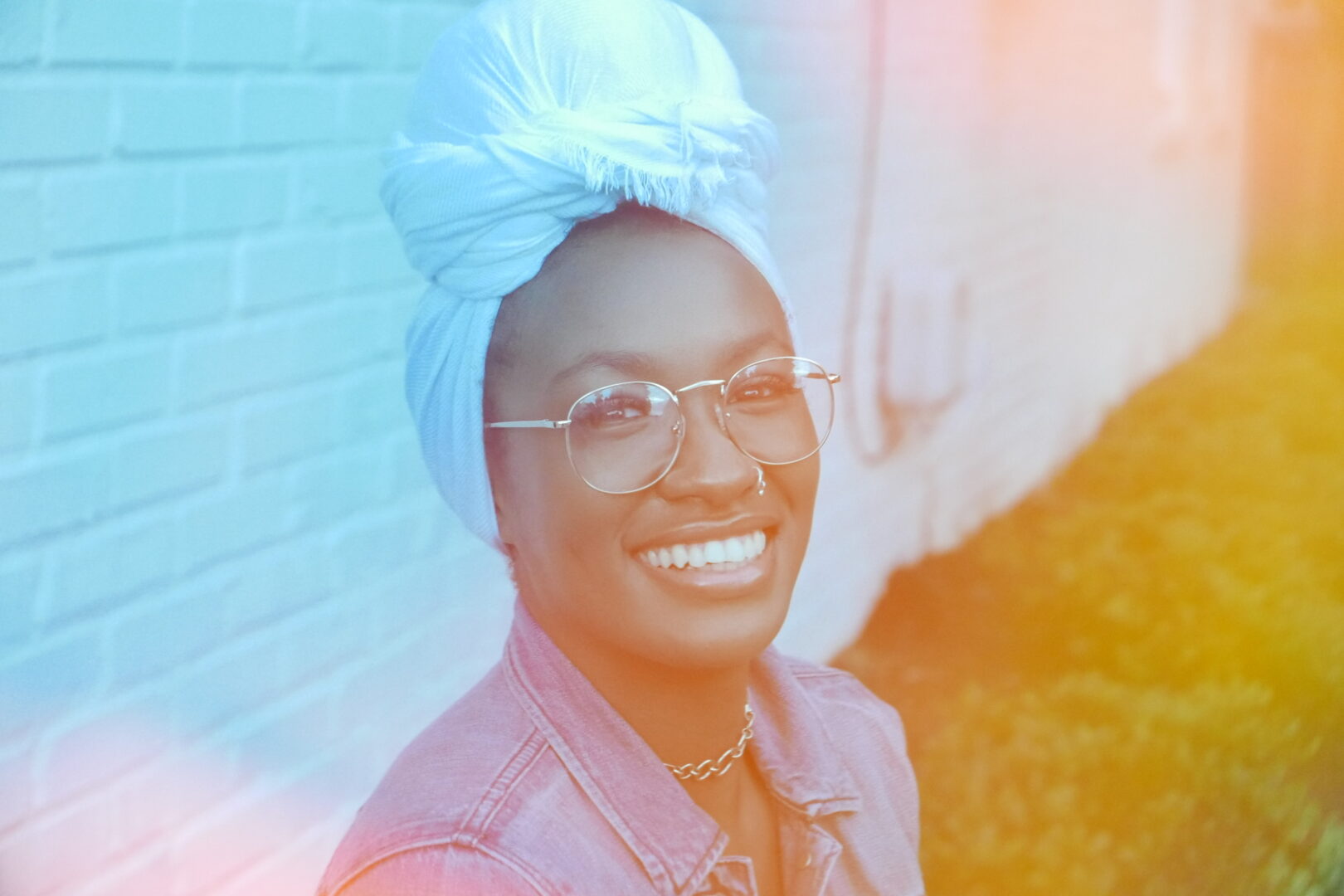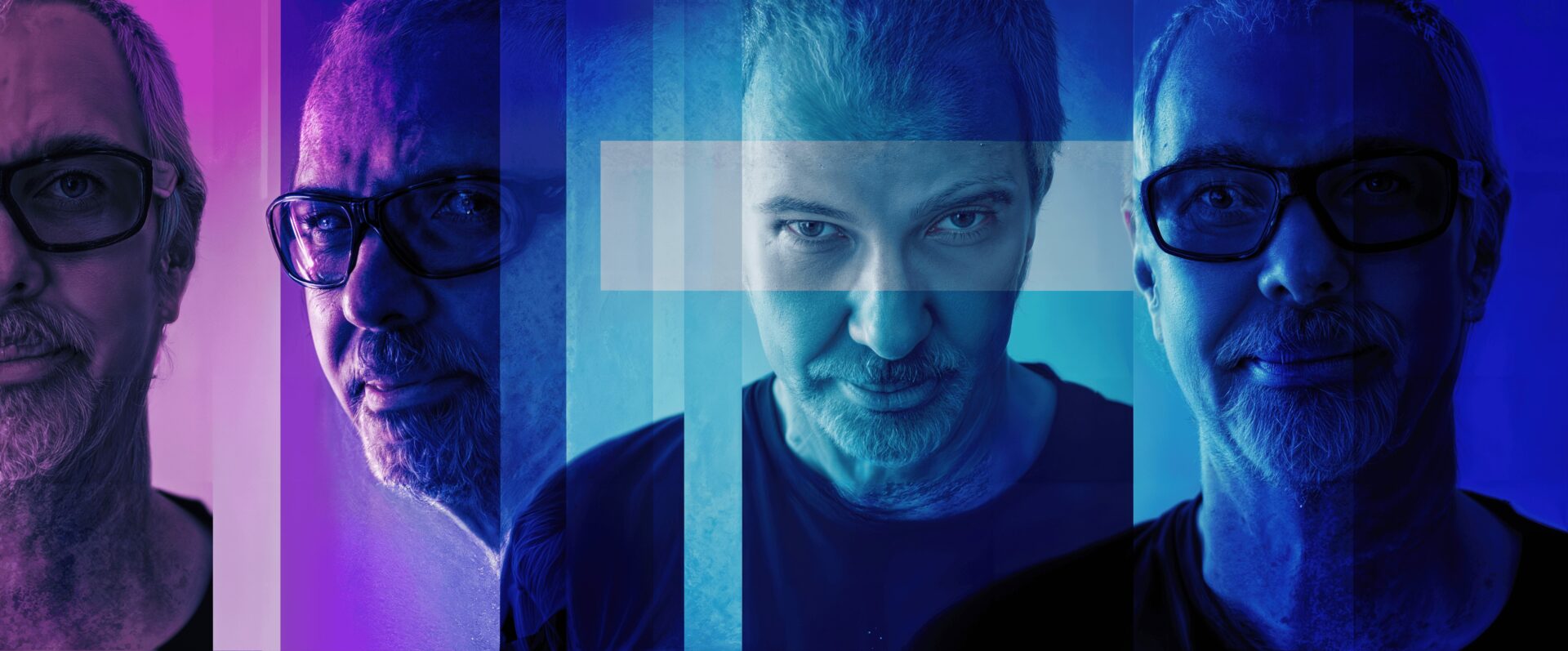We were lucky to catch up with Shea Formanes recently and have shared our conversation below.
Shea, so good to have you with us today. We’ve got so much planned, so let’s jump right into it. We live in such a diverse world, and in many ways the world is getting better and more understanding but it’s far from perfect. There are so many times where folks find themselves in rooms or situations where they are the only ones that look like them – that might mean being the only woman of color in the room or the only person who grew up in a certain environment etc. Can you talk to us about how you’ve managed to thrive even in situations where you were the only one in the room?
I grew up in a lower-middle class family in New York City, and am the queer, eldest child of a Filipina immigrant and a first-generation Filipino-American. Many of my loved ones are disabled and/or autistic. In short, I know what it’s like to be ostracized because of one’s identity, and it’s my life mission to center voices that otherwise have been suppressed. That is why, on my journey as a writer/director in the film industry, I’m committed to telling sci-fi/drama stories about complicated families from BIPOC and LGBTQIA+ communities that heal from traumatic events.
One of the first instances where I realized that I’m the only one in the room who looked like me, especially in a leadership position, was when I led my first theater stage play in my senior year of college, called, “Bahay Kubo”. That experience compelled me to not only step up as a writer/director for the first time, but it also enabled me to use my voice, to share my cultural experiences as a Filipino-American person with a larger audience. At the time, the theater industry in Seattle was, and still is, largely-white. A hard truth I had to accept while leading my stage play is that those in positions of power will pick and choose what they want to promote, whom to give more resources, etc. – more often than not, they would provide that grace to productions with casts and crews that look like them: homogenous; the same. Regardless, I made the best of what I had, ensuring that my cast and crew of diverse artists and actors felt appreciated and valued, especially in sharing a story that was so personal to me. It was terrifying, but the results: being able to show my parents and my cast and crew’s families what we made, as well as the connections and bonds that were forged from creating this show? They meant the world to me, and it’s an experience I’ll never forget.
Thanks, so before we move on maybe you can share a bit more about yourself?
My name is Shea Formanes, I’m a Seattle-based, queer Filipino-American writer/filmmaker that tells sci-fi/drama stories about complicated people. My works include the queer coming-of-age short film, “The Kettle”, and the sci-fi/drama stage play, “Bahay Kubo”. I was the 1st AD apprentice in the Action! Narrative Apprenticeship Program through the Northwest Film Forum, and was selected for the Above the Line – Education Forum through Washington Filmworks. Most recently, I was selected for the 2025 Green Room Cohort by the Northwest Screenwriters Guild, which selects nine emerging screenwriters to develop a feature-length screenplay over the course of nine months.
I wrote/directed my debut feature film, “I Watched Her Grow”, which won Best Sci-Fi Film from the Toronto International Nollywood Film Festival, Best Sci-Fi and Fantasy Feature Film at the Tri-Cities International Film Festival, Best Makeup in a Feature Film from the Toronto Independent Film Festival at Cift, and is a Quarter-Finalist for Best Feature Film at the Urban Mediamakers Film Festival. It was selected by the San Diego Filipino Film Festival, the women filmmakers night at No Worries Film Festival Scope Screenings Underground Film Festival. I am an English Honors graduate from the University of Washington, and was nominated for the Dean’s Medal by the Department of Cinema & Media Studies.
There is so much advice out there about all the different skills and qualities folks need to develop in order to succeed in today’s highly competitive environment and often it can feel overwhelming. So, if we had to break it down to just the three that matter most, which three skills or qualities would you focus on?
As a writer, director and filmmaker, one of the skills that I advocate for, and recommend that people do, is to have an open dialogue with all your heads of production on a film set – this is integral to maintaining a safe set, as well as creating a quality film. I oversaw daily meetings with leadership and the crew (including a safety meeting at the start of every day that identifies exit points, location of first aid, hospital, any use of stunts or pyrotechnics, etc.), which served to let people communicate their thoughts about how the set is being run. If any issues are observed, they would be immediately addressed and resolved within the proper departments.
In any leadership position, you must lead everything with kindness, as well as give everyone the space and creative freedom to do their work, while simultaneously knowing when to provide guidance. This is admittedly a difficult balance to achieve, but as a filmmaker, doing this allowed me to multi-task while managing multiple departments, as well as recognize when I’m wrong, and when I should seek advice from my peers and mentors so I can continue improving at my job.
Coming from a family of teachers and those in the public education system, I grew up with the value of sharing knowledge with others, and how passing on stories allows people of different walks of life to understand a similar lingua franca. For me, writing bridges the distance between language and image in order to communicate meaning that might not otherwise be extricated. As a writer and filmmaker, this statement encapsulates my modus operandi, in that I want the stories I write to create new meaning for the audience, especially when it comes to depicting nuanced and relatable stories.
What is the number one obstacle or challenge you are currently facing and what are you doing to try to resolve or overcome this challenge?
The main obstacle that is currently facing myself and the professionals in the film community in Seattle is its size, as well as the ability to grow. The film industry is quite limited in scope, but one of its advantages is its interconnectedness – it’s very easy to get to know everyone. As someone who is still emerging onto the film scene in Seattle, one of the main pieces of advice I’ve gotten is to work on other people’s projects. This not only allows you to get more work, but it enables you to gain more experience, both as an individual artist homing your craft, as well as a team-player, working with others toward a common goal. It’s pretty well known that Seattle is not a main hub for film/TV, as those designations usually go to places like New York or L.A.. However, with the rise of AI, an over-saturation of people, and not enough work being available, it’s difficult for anyone to stand out in a sea of people competing to achieve the same thing. Having this film community of artists in creatives in Seattle, we all want to grow together. As a result, instead of New York or L.A., why not grow the community here?
Contact Info:
- Website: https://sheaformanes.myportfolio.com/
- Instagram: https://www.instagram.com/sheaformanes/
- Linkedin: https://www.linkedin.com/in/shea-formanes/
- Youtube: http://www.youtube.com/@avidubeconsumer








Image Credits
Matthew Mee (Headshot)




